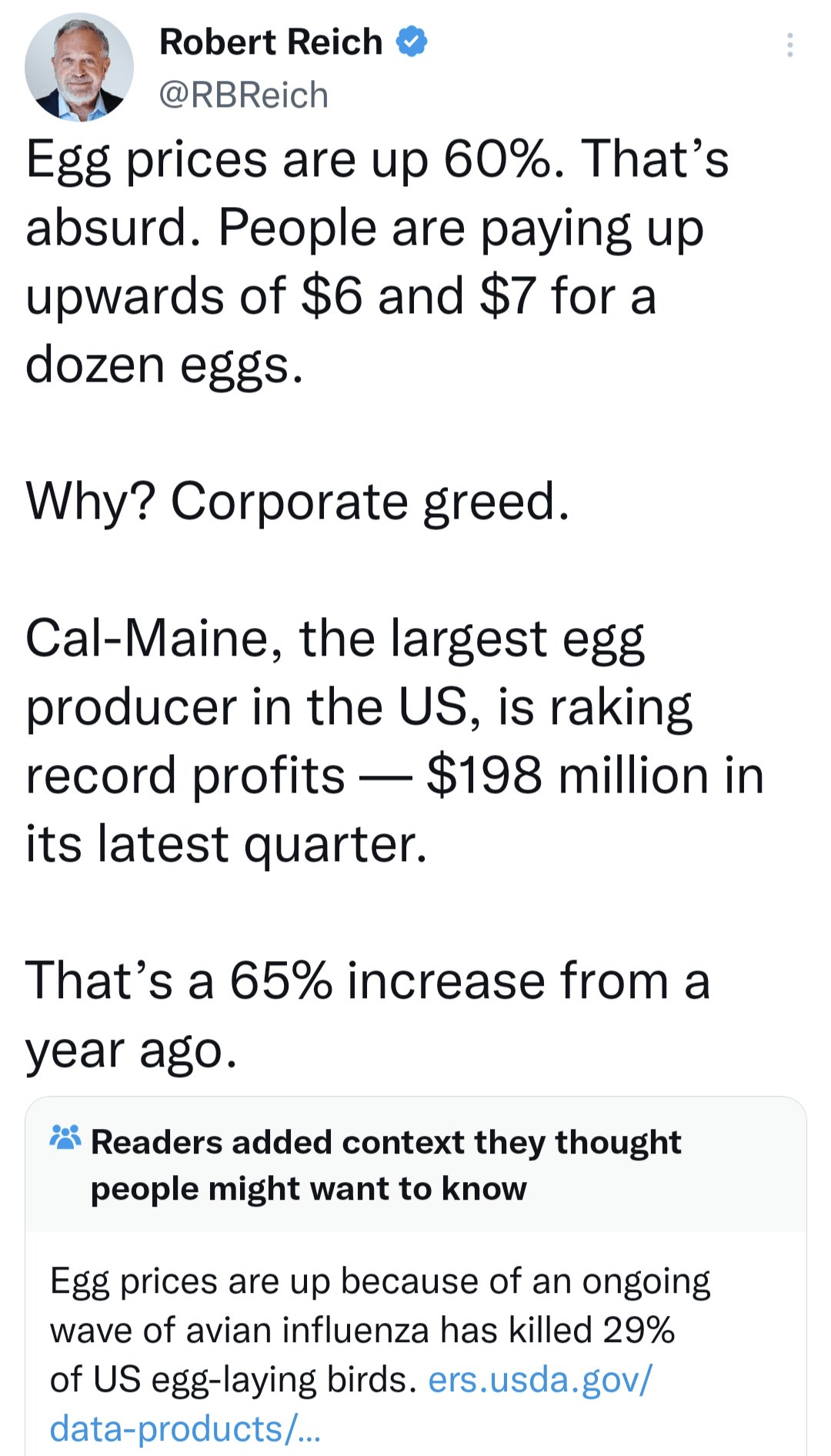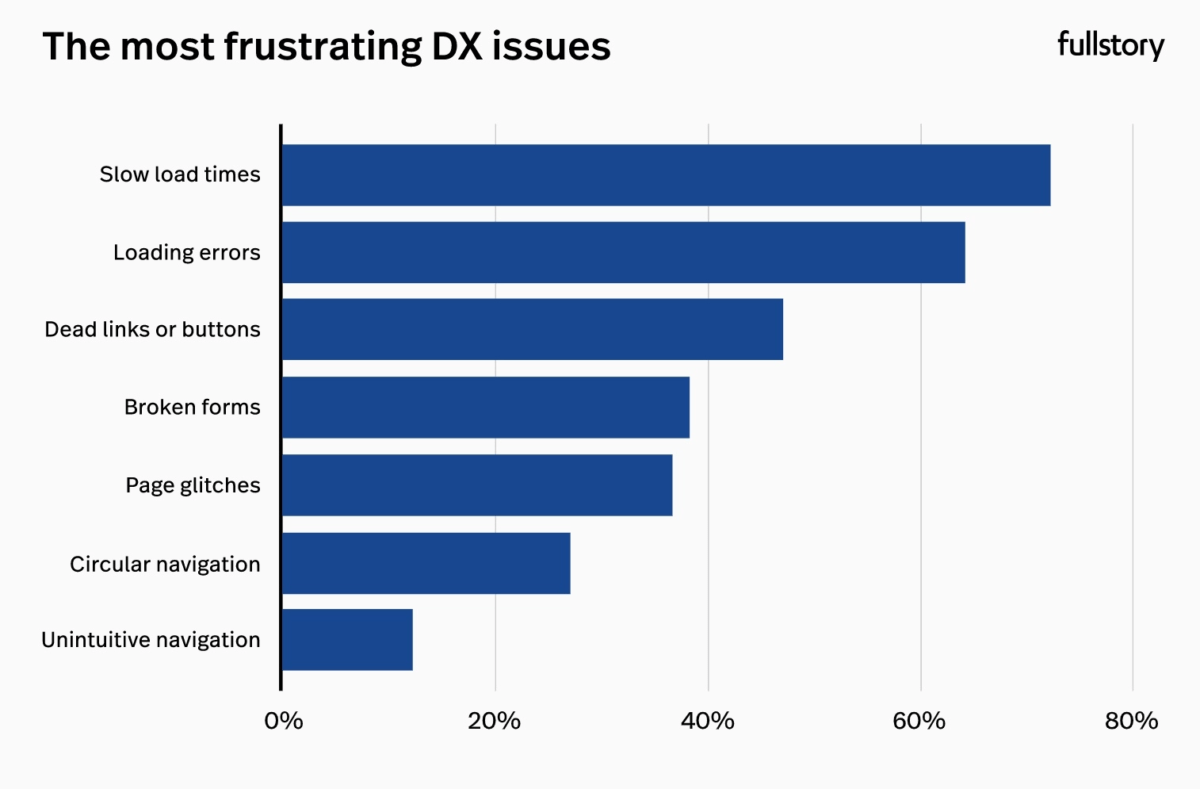What Are AI Agents? And Why Are They Critical to Local Marketing Success?
Local Memo: Google Lays Off 6% of Workforce, Pivots Towards AI
Local Memo: Google Lays Off 6% of Workforce, Pivots Towards AI
In this week’s update, learn about Google’s layoffs and pivot towards AI; Twitter’s “For You” tab and Community Notes expansion; a ruling in India that may force Google to make room for app competitors; Google’s new explanation of UGC restrictions in Maps; a survey showing consumer frustrations with mobile shopping; and the demise of Google Post Insights.
Google Lays Off 6% of Workforce, Pivots Towards AI
Google parent company Alphabet has announced the layoff of 12,000 employees, amounting to more than 6% of the corporation’s total workforce. The layoffs are said to have been spread widely across departments, including Android, Chrome, Search, Cloud, robotics, and autonomous driving. CEO Sundar Pichai cited “difficult economic cycles” as the reason for the cuts.
The news comes amidst reports that Google co-founders Larry Page and Sergey Brin, who have not been involved in Google’s daily operations since Page stepped down as CEO in 2019, have been participating in strategic discussions about the rollout of AI offerings in 2023. The Google Brain AI team was apparently not impacted by the job cuts. Google is reportedly planning to announce as many as 20 new AI-based products at the I/O conference in May. Areas of focus include image generation, try-on tools for clothing and shoes, a tool for summarizing video content, a YouTube green screen feature, and tools to assist with writing Android app code. Chatbot features are also expected to be forthcoming in Google Search.
Twitter Launches “For You” Tab, Expands Community Notes
Twitter continues to struggle in its effort to find a firm footing in the Musk area, with company revenues reportedly down 40% year over year. Job cuts have reduced the company’s cost of operations, but the Musk acquisition also added $13 billion in loans the company must repay. In this challenging atmosphere, the company continues to roll out new features, including a “For You” tab, first launched in the iOS app, which shows tweets algorithmically rather than in reverse chronological order. At first, users were defaulted to the “For You” tab automatically, but Musk has announced that in a forthcoming update, the app will allow you to switch back and forth between feed views and will remember your last selection.
Another feature under active development is Community Notes, which allows Twitter users to provide context and links for tweets that may contain misinformation. With Twitter’s in-house moderation team targeted by layoffs, Community Notes is a crowd-sourced fact checking solution that Musk hopes will help to solidify the “Trust as a Service” concept he hopes to bring to the platform. Contributors must apply to participate in the program, which was launched in the U.S. and has now expanded to include the UK, Ireland, Australia, and New Zealand.

Community Notes example, courtesy Social Media Today
Indian Ruling Forces Google to Allow Play Store Competition
The Supreme Court of India has issued a ruling that may force Google to allow third-party play stores to be included in the Google Play Store app. Several demands issued to Google by the Competition Commission of India were recently upheld by the Supreme Court. These include forcing Google to cease requiring that Android manufacturers preinstall Google software in order to access the Play Store, and allowing developers who create customized versions of Android software to access the Play Store. But the most significant demand would force Google to include third-party app stores in the Play Store and to remove all obstructions to “sideloading” (installing apps from third parties). Among those in India celebrating the news is the CEO of MapmyIndia, Rohan Verma, who has been competing with Google in the Indian market since 2004. Google was given seven days to respond to the January 19 ruling. Some 97% of smartphones in India run on the Android platform.
Google Maps Explains UGC Restrictions
Google has updated its Maps content guidelines with new information about restrictions that may be placed on user generated content, including photos, videos, and reviews. Google defines several types of restrictions – short term, long term, and partial versus full. Short-term restrictions are imposed when a real-world event is thought likely to create “a spike in irrelevant or offensive content.” Google lifts the restrictions when its team believes the threat has subsided.
Long-term restrictions are imposed when a particular “category or geographic area has experienced a continuous pattern of low value or off-topic posts.” Places with limited public access, like police stations and prisons, may be the subject of long-term restrictions, as may places that are frequently subject to “harassment, hate speech, or offensive content.” Google may place partial restrictions related to some types of content, or full restrictions that prevent the posting of reviews, ratings, images, and videos entirely.
Customers Will Reject Sites Offering a Poor Shopping Experience
A new survey from Fullstory finds that consumers care more about mobile experiences than they do about particular brands, with 44% of respondents saying they don’t care where they shop as long as the site or app fills their needs. Among the frustrations cited by consumers are slow load times (72%), loading errors (63%), dead links or buttons (46%), forms that don’t work (39%), and page glitches (38%). 76% say their top priority is completing their transaction quickly. A large majority (71%) report they have rage-clicked in frustration when trying to get an app to work. 55% of respondents say they would be unlikely to return to a mobile app or site that offered a bad user experience.

GBP Removes Post Views and Clicks
Google has removed views and clicks, the two data points that used to comprise Post Insights in the GMB/GBP platform. Users are reporting the disappearance of these metrics from the GBP interface, and Google’s deprecation schedule for the Business Profiles API shows that Post Insights will not be supported when the old version of Insights is deprecated on February 20. It’s unknown whether Google is working on a new method for tracking the performance of Posts, which are called Updates in the so-called New Merchant Experience (NMX) interface that has recently replaced the Google Business Profile Manager dashboard.




